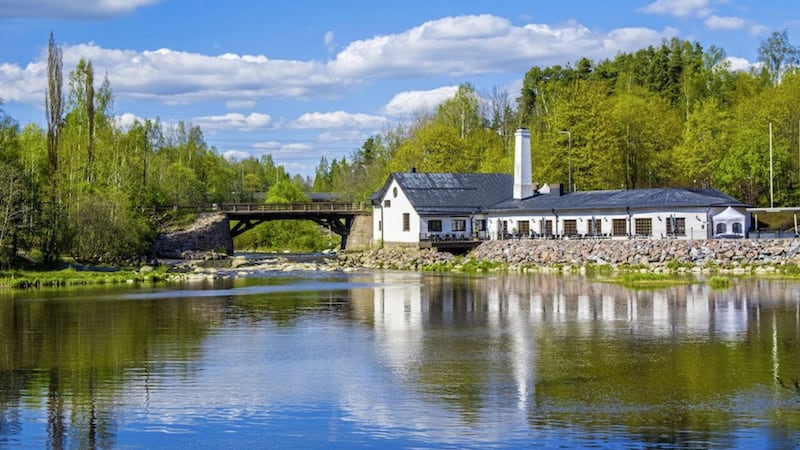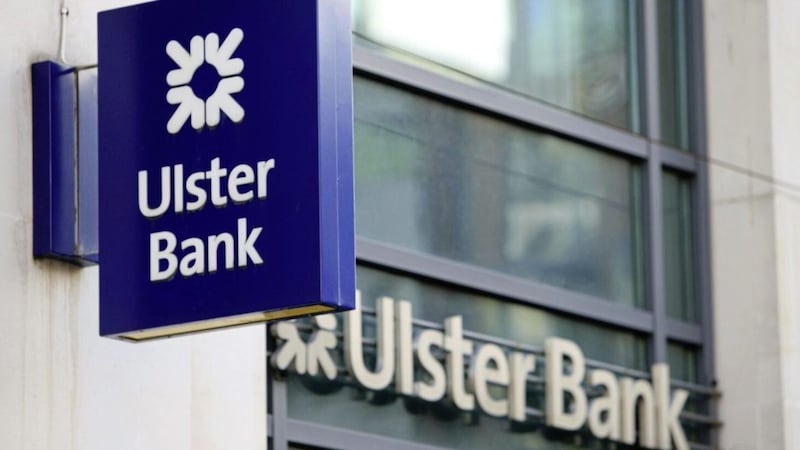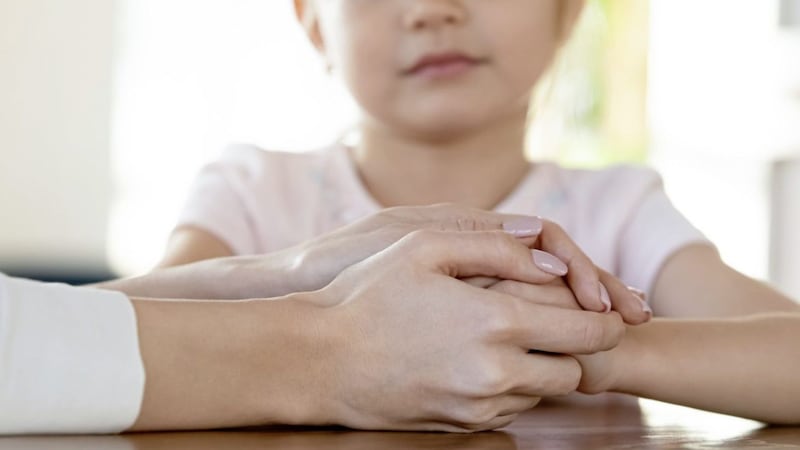CROWNED the happiest nation in the world last year by the UN, Finland was once synonymous with spiralling suicide rates.
Such was the level of concern about record high numbers of Nordic men taking their own lives during the 1970s that the Finns created the world's first ever suicide prevention programme - that would lead to a dramatic drop in rates decades later.
Extensive research included scrutiny of each of 1,397 suicides that took place in one year by interviewing close relatives of those who had died as well as health professionals involved in their care. Police databases were also examined.
By 1992, a 10-year strategy was published that involved all government agencies, including health and social care services, the National Agency for Education and the Finnish Defence Forces. Media were also central with strict guidelines put in place to promote responsible reporting.
The strategy stressed the psychological and social factors behind suicide, with emphasis placed on follow-up care after attempted suicide and support of families after a death.
Focus on mental health
- Suicide: 15 years on from Danny's death, we thought things would be different now
- Links between suicide and paramilitary attacks needs addressed
Costs of the scheme were low - totalling €1.6 million - as they took place at local or 'municipal' level with the support of a regional contact while a small national implementation team was also formed.
By 2015, the suicide rate had dropped to half of the 1990 figure, when it peaked at more than 1,500 deaths.
Part of the strategy's success was also linked to the rapid expansion of charities - and in particular a group which extended its 'crisis centre' networks across the country of 5.5 million people, from Lapland to Helsinki.
Speaking to The Irish News, Outi Ruishalme of the charity, the Finnish Association for Mental Health, explained they have been driving the initiative for 50 years and how it focuses on face-to-face conversation with trained volunteers and health professionals.
Read More
- Spike in number of referrals to children's mental health services leaves hundreds on waiting lists
- 'Suicide is not someone with a mental illness, it's me, it's you'
"We are a non-government, non-profit organisation and these are low-threshold services for everybody. Many people contact us at very early stages when they are going through a crisis in their lives and we offer support," he said.
"They can get short-term help from us and suicide prevention is one of our goals. After crisis help, we follow up with evaluations. We ask a number of things including if they have had any suicidal ideas or plans. The results are very good. The clients tell us this is effective and their suicidality or thoughts have decreased.
"We now have 22 crisis centres all over the country with some in rural areas but the majority in Helsinki. Our work is also complemented by a national 24/7 helpline and online chat support for young people."
In 2016 and 2017 there was a slight increase in the number of suicides in Finland.
Last year, a new strategy was launched with targets to reduce rates by 10 per cent.
Helplines
Lifeline is a Northern Ireland crisis response helpline service for people experiencing distress or despair. People living in Northern Ireland can call Lifeline on 0808 808 8000. Deaf and hard-of-hearing textphone users can call Lifeline on 18001 0808 808 8000.
The charity Pips delivers suicide prevention and bereavement support services, counselling and therapies throughout Northern Ireland. It can be reached on 028 9080 5850 or 0800 088 6042.
Samaritans provides a listening service if you need to talk about what you're going through. The number is 116 123.







